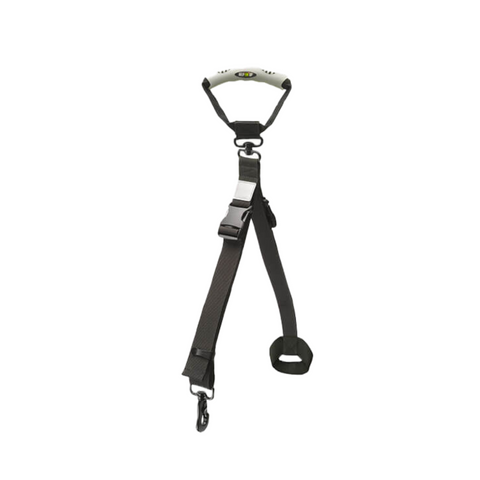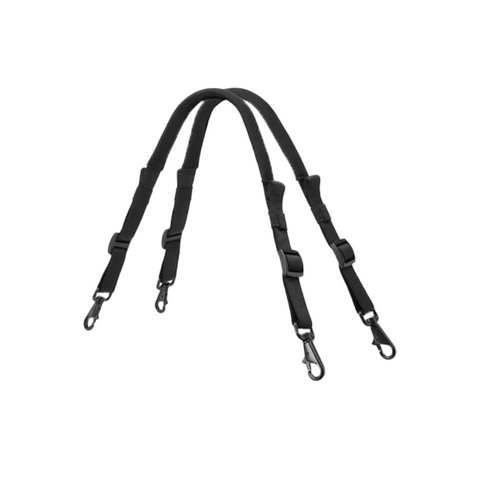On my child’s first day of school at pre-kindergarten, I was a nervous wreck. What if she cries? What if she hates it? What if she doesn’t make any friends?
I opened the car door, waiting for her to start bawling. Instead, she waved goodbye and never even looked back. I was the one who fell apart!
I was not so lucky with my dog Buddy. He became attached to me. Very attached. If I left him in the house alone, he would poop in the same spot, even if I had just let him out. He never had toileting issues if I was home. If I left him outside, he would not quit howling until my car pulled up. To say the least, I was not popular in the neighborhood!
When I walked back in the door, he acted like I had been away for a year!
What is Separation Anxiety in Senior Dogs?
I didn’t know there was a name for my dog’s behavior – it is called separation anxiety. He would become very anxious when he knew I was leaving. As the ASPCA defines it: “Separation anxiety is triggered when dogs become upset because of separation from their guardians, the people they’re attached to. “ Some dogs try and escape, others drool, chew, bark and defecate.
Although my dog displayed this behavior as a puppy, it became intense as he got older.
No one knows why some dogs develop separation anxiety. Although shelter dogs are more prone to develop separation anxiety, some think it results when a dog has lost someone he loved. However, my dog was neither abandoned nor adopted from a shelter. I didn’t move. I didn’t change his routine.
My mission became to get him to enjoy or at least tolerate my being gone.
Tips for Overcoming Separation Anxiety
The first thing I did was take Buddy to the veterinarian to make sure there was no underlying medical cause. The vet gave him a clean bill of health. We ruled out “excitement urination, poor toilet training”, marking and destructive behavior as the cause. Here are a few things that were recommended:
- Don’t make a big deal about leaving or coming home because that just reinforces the behavior.
- Many dogs have separation anxiety because they are bored. Right before I would leave, I gave him a food interactive toy such as The Game Changer. This kept him occupied as he worked very hard to get the treats to dispense! I only gave him this toy when I was gone, so he would associate something pleasant with my leaving. However, know that some dogs won’t eat if their dog owner is not home.
- Counterconditioning and desensitization. My vet suggested to start with short separations and then increase them as they were tolerated. Because this can be tricky (making the dog more frightened), he suggested hiring a Certified professional Dog trainer or Behaviorist.
- Crate. Many dogs are more comfortable in a crate when left alone, almost like a little “den”. However for dogs never exposed to crate training. This can cause more anxiety and fear.
- Exercising. We stepped up Buddy’s exercise program, taking a walk for at least 30 minutes/day right before I left. The theory behind this is that a tired dog has less energy to expend when left along.
- Break up your dog’s day. If you are gone at work for eight hours or more, you might consider hiring a sitter to come in and give your dog a break and some exercise.
- Medications. There are medications for dogs that are extremely anxious to help them calm down. However, generally medication without behavior modification rarely works… you need a combination of the two.
The main thing is NOT to scold or punish your dog. Buddy’s anxious behavior was not a sign of disobedience, but one of distress! What ultimately cured Buddy? Believe it or not, we got another dog, Oscar. Buddy liked the company and never displayed any anxious behavior again. Not the perfect solution for everyone, but it was for us!



